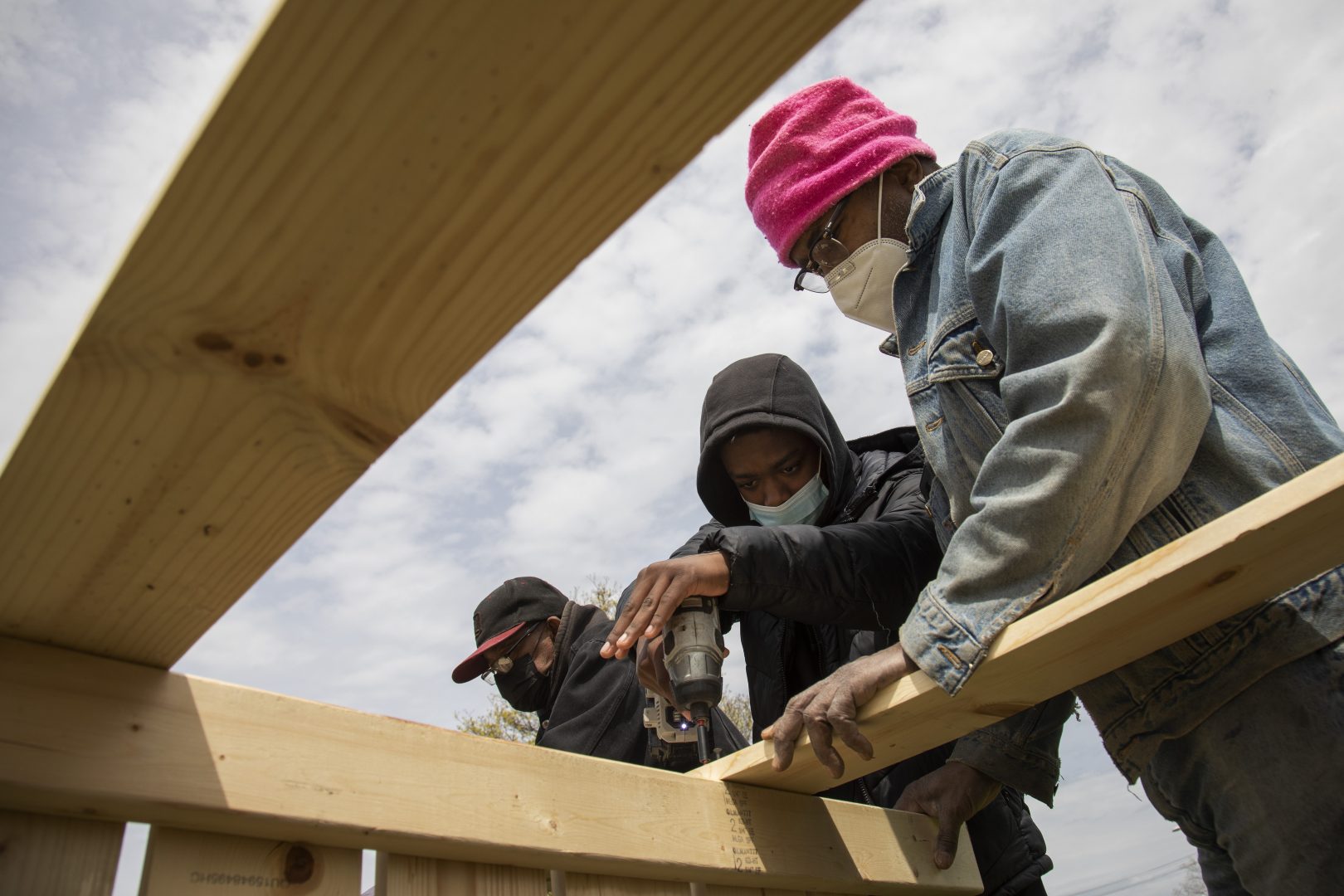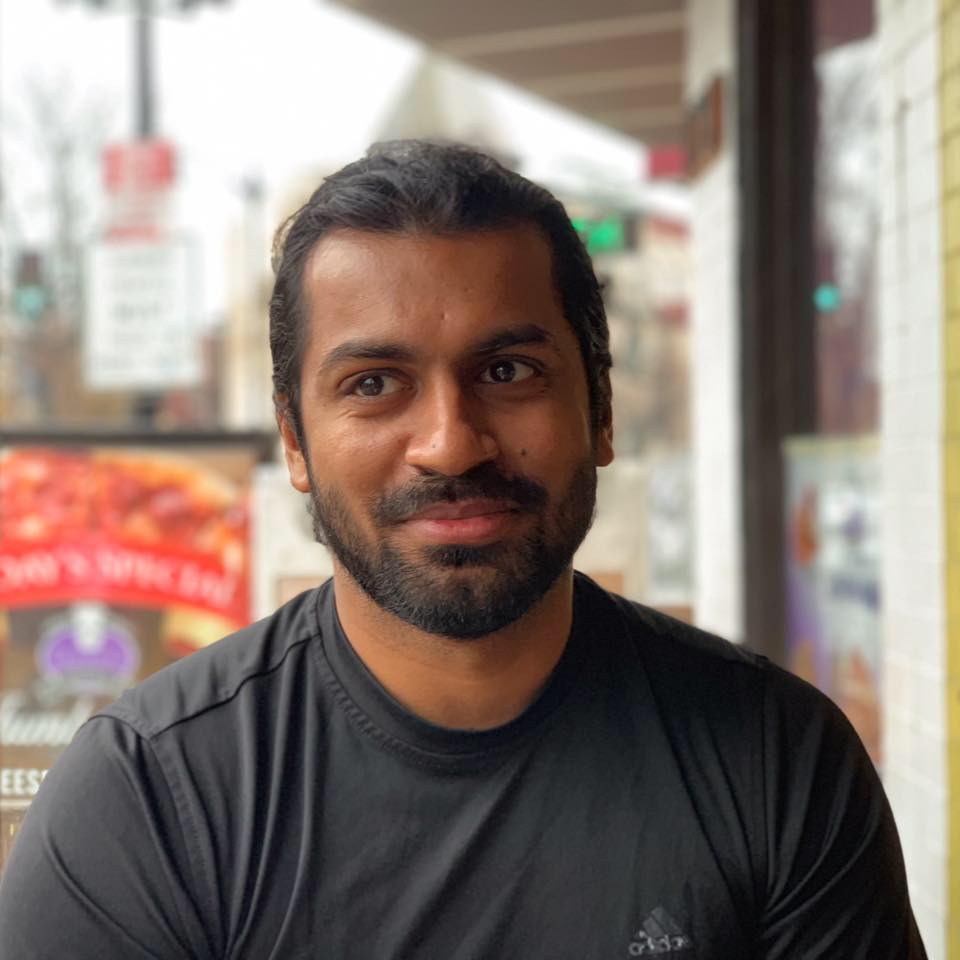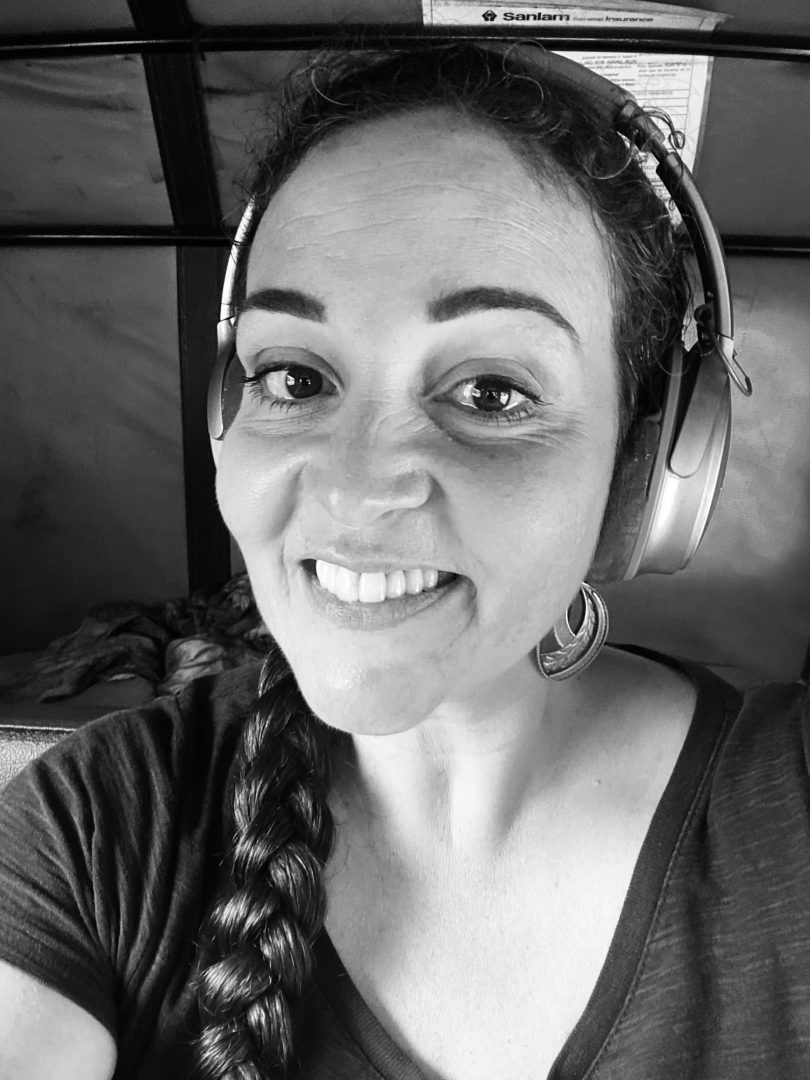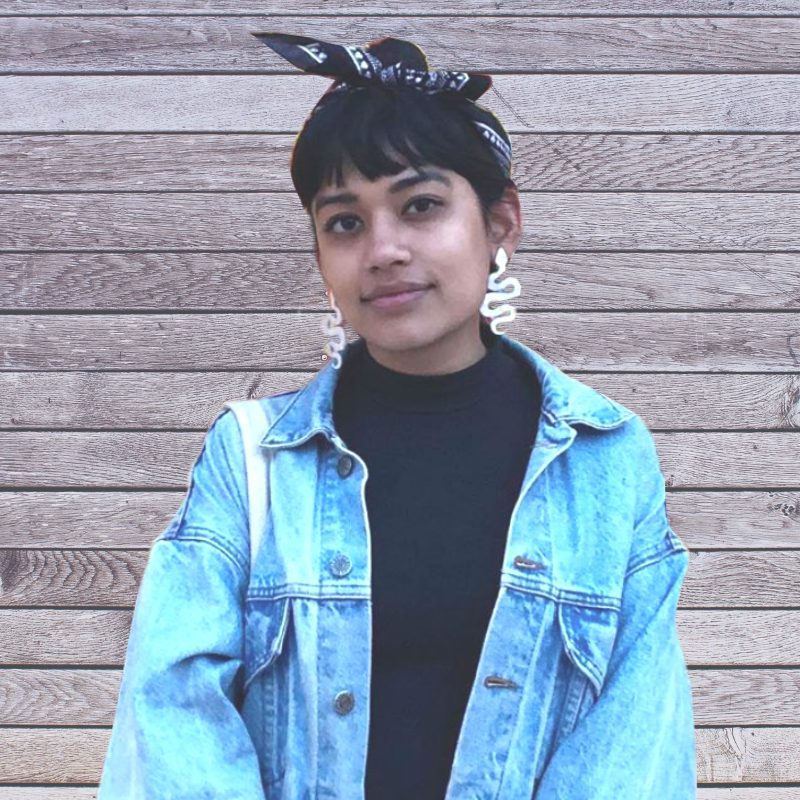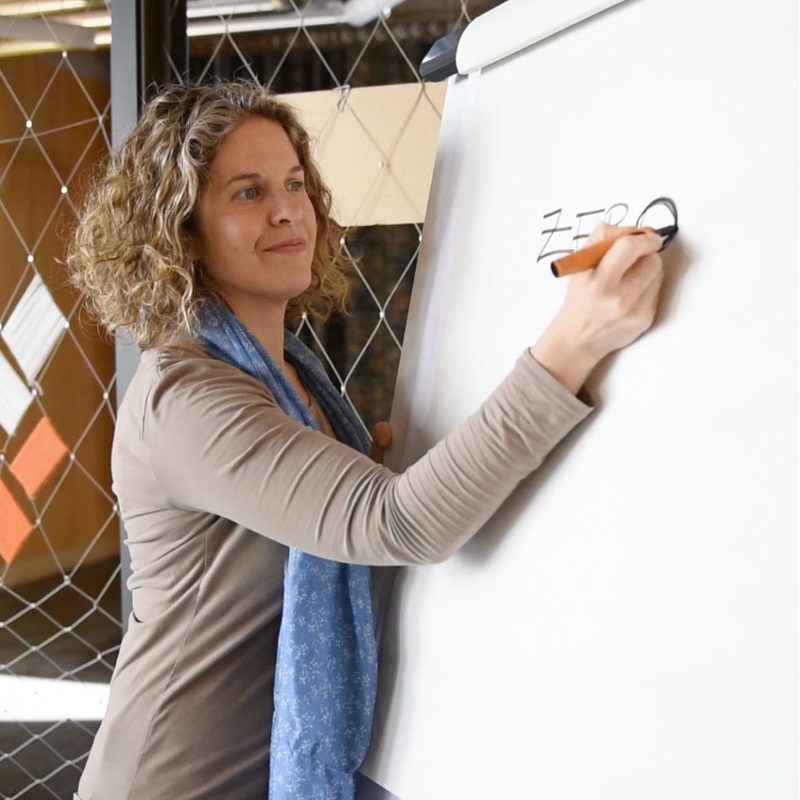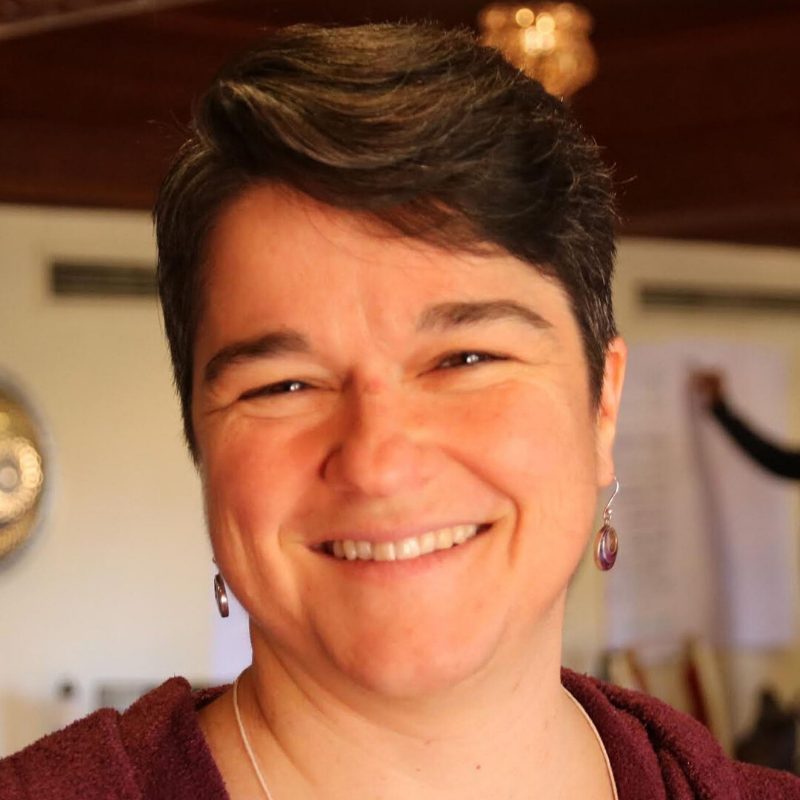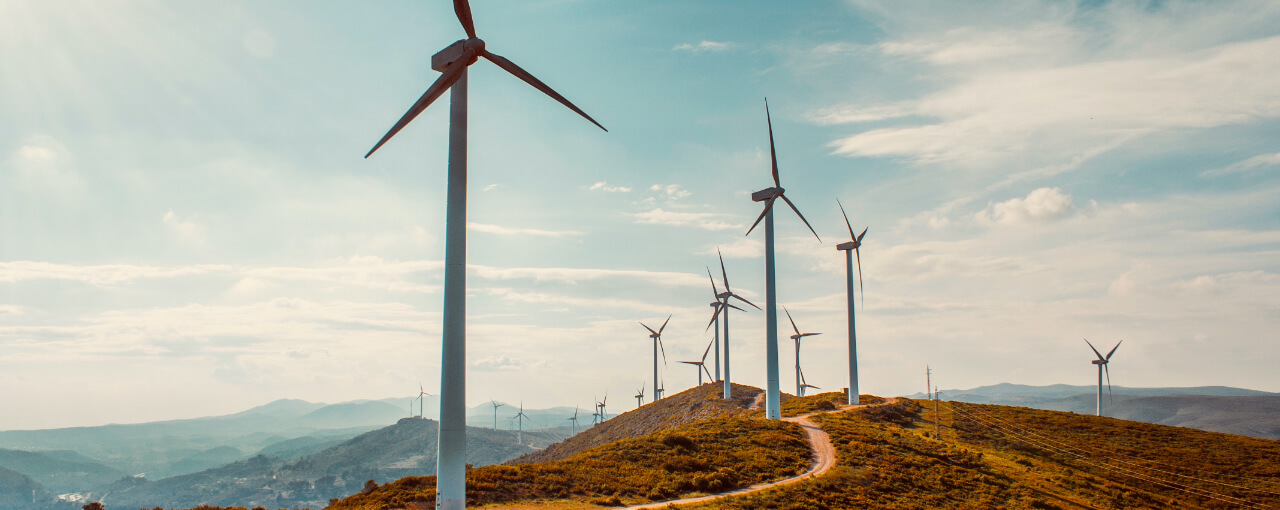70% of all greenhouse gas emissions comes from making, taking, and wasting stuff, and 20% of methane emissions–a greenhouse gas 80 times as potent as C02–comes from landfills. If we are to reach the 1.5 degree target in the Paris Agreement, we need an international effort to reduce waste and adopt zero waste strategies like reuse and repair, composting, and recycling. We know it works: people around the world, particularly indigenous communities, have been practicing zero waste for millenia. If we act now we can tackle our waste and climate crises while creating better jobs, more resilient cities, and a liveable future for all.
Stories of Zero Waste for Climate Action
MEET OUR DELEGATION
GAIA will have a diverse international delegation of advocates, academics, city policymakers, grassroots activists, and waste pickers at COP27. The delegation members will be sharing their expertise in a number of official side events, as well as engaging in dialogues with decision-makers, members of the media, and fellow climate experts. For media inquiries or speaking engagements please contact claire[at]no-burn.org.
CALENDAR OF EVENTS
The following events are located within the official conference venue, any person wishing to access the side event area must be duly registered as part of a delegation of a Party or an observer organization and in possession of a conference badge. The link to access the virtual platform for badge-holders will be provided here as soon as it becomes available.
With the exception of the press conference and Zero Waste Hub, all events will be livestreamed on the UNFCCC youtube channel, which is accessible to anyone.

ZERO WASTE HUB
At the Zero Waste Hub, hosted by Global Alliance for Incinerator Alternatives (GAIA), COP attendees can learn more about how zero waste strategies like reuse and repair, composting, and recycling are fast, affordable climate solutions that help build resilience, create jobs, and promote thriving local economies. Guests have the opportunity to speak with zero waste advocates from around the world and access the latest research on waste and climate.
WHEN: Nov. 10-12, from 19:00-21:00 EET
WHERE: Blue Zone , Exhibit Space 21

ZERO WASTE AS CLIMATE JUSTICE
Zero Wate as Climate Justice: Frontline Solutions to Emissions from the Plastics & Petrochemical Sector. Plastic pollutes the climate and and perpetuates environmental injustices at every stage of its lifecycle. However, we can curb emissions by incorporating simple, effective and low-cost zero waste strategies. Our expert panelists organize on the frontlines of the plastics crisis and will discuss the opportunities and threats to a just transition to zero waste.

SCALING UP LOCAL VOICES AND SOLUTIONS
Scaling up local voices and solutions from urban informal settlements: Governance and finance models that advance climate justice and urban resilience. This event will illustrate the power of urban poor communities to produce governance and finance models that advance climate justice from the ground up, highlighting the transformative power of these strategies when partnerships with other stakeholders facilitate replication and scaling up of the work.
WHEN: Nov. 17, from 12:30-14:00 EET
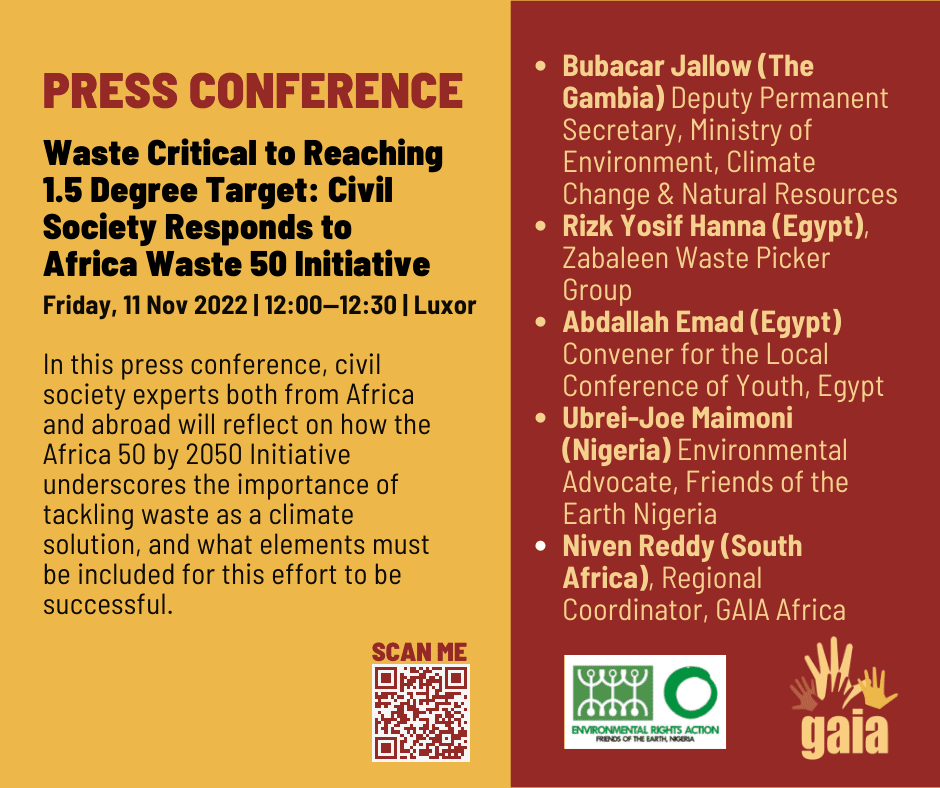
PRESS CONFERENCE
Waste management will be one of the critical topics tackled at COP27, where host nation Egypt plans to put forward the Africa Waste Initiative, an initiative hoping to catalyse both adaptation and mitigation solutions and aiming at treating and recycling 50% of the waste produced in Africa by 2050. In this press conference, civil society experts both from Africa and abroad will reflect on how the Africa Waste Initiative underscores the importance of tackling waste as a climate solution.
WHEN: Nov. 11, from 12:00-12:30 EET
WHERE: Press Conference Room Luxor/2

JUST TRANSITION TO ZERO WASTE CITIES
Increasing GHG emissions in cities can be greatly reduced through just transition strategies toward circular and zero waste local economies. Panelists will reflect on how cities around the world are using zero waste strategies to reduce waste and emissions to meet their Paris Climate Agreement targets. The panel will underscore measures that support a just transition for workers and marginalized communities.
WHEN: Nov. 16, from 15:00-16:30 EET
WHERE: Khufu (300)

METHANE MATTERS
Methane Matters: delivering on the Global Methane Pledge for ambitious methane mitigation. Speakers will present which measures need to be taken by Global Methane Pledge signatories to ensure ambitious methane cuts & explore the need for diplomatic efforts to develop an int’l governance framework on methane mitigation.
WHEN: Nov. 14 , from 17:00 – 18:30 EET, and Nov. 17, from 13:15 – 14:45
WHERE: Chile Pavilion, and Thutmose (150)

ZERO WASTE IMPLEMENTATION
Zero Waste Implementation as a Just and Equitable Approach to Climate Action.This cross-cutting session will showcase climate solutions and community interventions currently implemented in Africa. These are on the way to putting African countries on the path of decarbonising high-emitting sectors such as waste, oil and gas, cement, and transport. The panel will discuss key enablers to end the repressive behavior of national governments and the private sector towards the informal sector, and the corporate greed in fueling consumer culture. Panelists will guide the room on how to jumpstart a revolution for waste pickers’ recognition and frontline community empowerment.
WHEN: Nov. 11, from 15:00-16:00 EET
WHERE: Sanafir Hotel

PANEL: WASTE DIVERSION AND SEGREGATION
Waste Diversion and Segregation, a huge opportunity for methane mitigation, and a challenge for ambtitious public policy and subnational implementation. During the event, we will discuss the relevance of public policy waste diversion and segregation as an opportunity for the global South methane mitigation, an OECD analysis on Food Waste/Loss and Organic Fraction of Municipal Solid Waste public policy will be presented, and we will discuss how national and local governments could work and show good examples on public policies, data information, and environmental justice consideration
WHEN: Nov. 17, from 11:00 -12:10 EET
WHERE: Science for Climate Action Pavilion

METHANE FROM THE WASTE SECTOR
Methane from the waste sector: Opportunities and challenges to deliver the Global Methane Pledge. At last year’s COP, over one hundred countries signed onto the Global Methane Pledge (GMP) to reduce global methane emissions at least 30 percent from 2020 levels by 2030. These countries need to find affordable, effective strategies to reach their goals. The waste sector is the third largest source of methane emissions, primarily from rotting organic waste in landfills.
WHEN: Nov. 17, from 16:45-18:15 EET
WHERE: Thutmose (150)
PUBLICATIONS
A new report by the Global Alliance for Incinerator Alternatives (GAIA) provides the clearest and most comprehensive evidence to date of how better waste management is critical to the climate fight, while building resilience, creating jobs, and promoting thriving local economies.
This report highlights the most actionable steps governments can take to reduce methane emissions. We found that by tackling the waste sector, governments will get fast results using some of the easiest and most affordable methane reduction strategies available. Waste prevention, source-separation of organic discards, and other methods can reduce solid waste methane emissions by as much as 95% by 2030.
Waste is the third largest source of methane emissions, a greenhouse gas over 80 times as potent as CO2. Most waste sector methane emissions come from landfilling organic waste. This paper discusses how diverting organic waste from landfill is one of the fastest and most affordable ways to lower methane emissions.
Nationally Determined Contributions (NDCs) are submitted by signatory countries to the Paris Agreement that describe their plans and goals for reducing greenhouse gas emissions. In October 2021, GAIA analyzed 99 NDCs to evaluate how zero waste solutions — plastic reduction, waste separation, composting, and environmental justice — are embedded in national climate mitigation plans. As an update to the analysis, we present a set of country profiles, featuring the governments’ commitments made for the waste sector and grassroots efforts for climate zero waste solutions in 12 countries in Africa, Asia, Europe, Latin America, and North America.
The mission with the #breakfreefromplastic brand annual audit is to identify the world’s top polluting corporations. By gathering data on plastic waste collected at community cleanups around the world, brand audits allow us to challenge the plastic industry and demand real solutions. Our reports have revealed that the true driving forces of the plastic pollution crisis are the corporations producing all this plastic in the first place. For these five years in a row Coca-Cola–which is sponsoring COP27– has been implicated as a top plastic polluter.
Net zero strategies put forward by key industries such as cement and plastic production will be insufficient to limit global warming to 1.5C. Current industry net zero roadmaps are projected to still not meet the target, resulting in warming of up to 2oC. Instead, it is imperative to reduce resource consumption, particularly in the Global North in the cement and plastic production sectors. Zero waste systems provide an immediate and affordable opportunity for cities to meet ambitious emissions reduction targets in the context of rapid urbanisation and increasing waste generation.
News
Sharm El-Sheikh, Egypt –The Global Alliance for Incinerator Alternatives (GAIA) held a press conference along with Friends of the Earth Nigeria at COP27 to provide civil society’s perspective on Egypt’s impending announcement of its Global Waste Initiative 50 by 2050. The initiative sets the ambition to recycle and treat at least 50% of waste produced in Africa by 2050. In this press conference, civil society and diverse experts including climate justice groups, waste picker organizers and government leaders from across the African continent emphasized the potential of waste reduction and management for climate adaptation and mitigation.

































